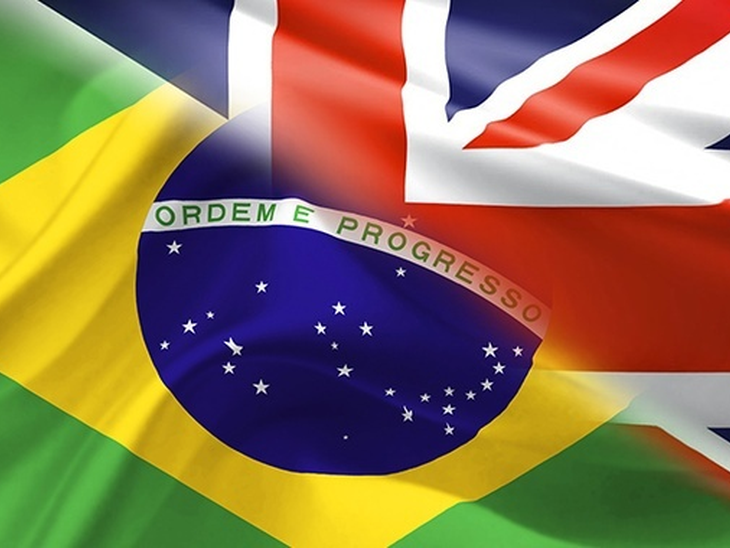
 Partnership
Partnership
Program has a visit from Antarctica from a British Royal Navy scientific ship to Rio de Janeiro and a series of open lectures in Brazilian universities taught by British scientist Nobel Prize winner
T&B Petroleum/Press Office
The Brazil-United Kingdom Year of Science and Innovation closes its program in April with an extensive agenda of activities, including the visit of the HMS Protector to Rio de Janeiro, a visit to Brazil by weather and climate specialist Albert Klein Tank, and a series of lectures with British Nobel laureate Sir Fraser Stoddart.
The Year has successfully achieved the goal of strengthening scientific collaboration between Brazil and the United Kingdom, including the construction of bilateral funding mechanisms for research. Throughout the year, more than 60 events were held in Brazil and the United Kingdom, including seminars and exhibitions, lectures, and business and academic missions in both countries.
"The Brazil-UK Year of Science and Innovation has been an excellent opportunity to build new partnerships and to strengthen and expand the many collaborations we already have together. Brazil and the United Kingdom share a passion for science, innovation and technology and recognize their value in solving global challenges to improve people's lives and protect our environment, "said Vijay Rangarajan, the UK's ambassador to Brazil."Joint research, such as sequencing the Zika virus between Fiocruz and the University of Glasgow, are important examples of how international cooperation in science can have a real impact in helping people in their daily lives. We are proud to be key partners for Brazil in scientific collaboration and look forward to building our partnership in the future. Many other bilateral collaborations are projects that make us proud of the partnerships built and we want to continue working more and more with Brazil in this fascinating universe of science, "he celebrates.
On March 14, the ambassador announced that the Newton Fund allocated R $ 20 million to scientific programs between 2019-2021, creating new opportunities for joint research with Brazilian research institutions and researchers.
Arrival of British Royal Ship
From this week on, Píer Mauá will receive the Royal Navy's HMS Protector, which arrives in Rio de Janeiro after a period of activities in Antarctica. The HMS Protector will be moored next to the Museum of Tomorrow in Plaza Mauá. At 5,000 tons the ship has the capacity to break up blocks of ice up to 0.8 meters thick, which is why it is used in important expeditions around the Antarctic Peninsula, supporting governmental organizations in scientific and conservation research.
"HMS Protector is a huge Antarctic facilitator for scientific studies and research. We conduct high definition bathymetric surveys for the safety of seamen in Antarctica and for research on glacial retreat. Another vital role of ours is to provide logistical, ground-based and floating support for science and international research. It is a tremendous privilege to operate in Antarctica with such a capable vessel and its Royal Navy crew, "says ship's commander Matt Syrett.
Contact us